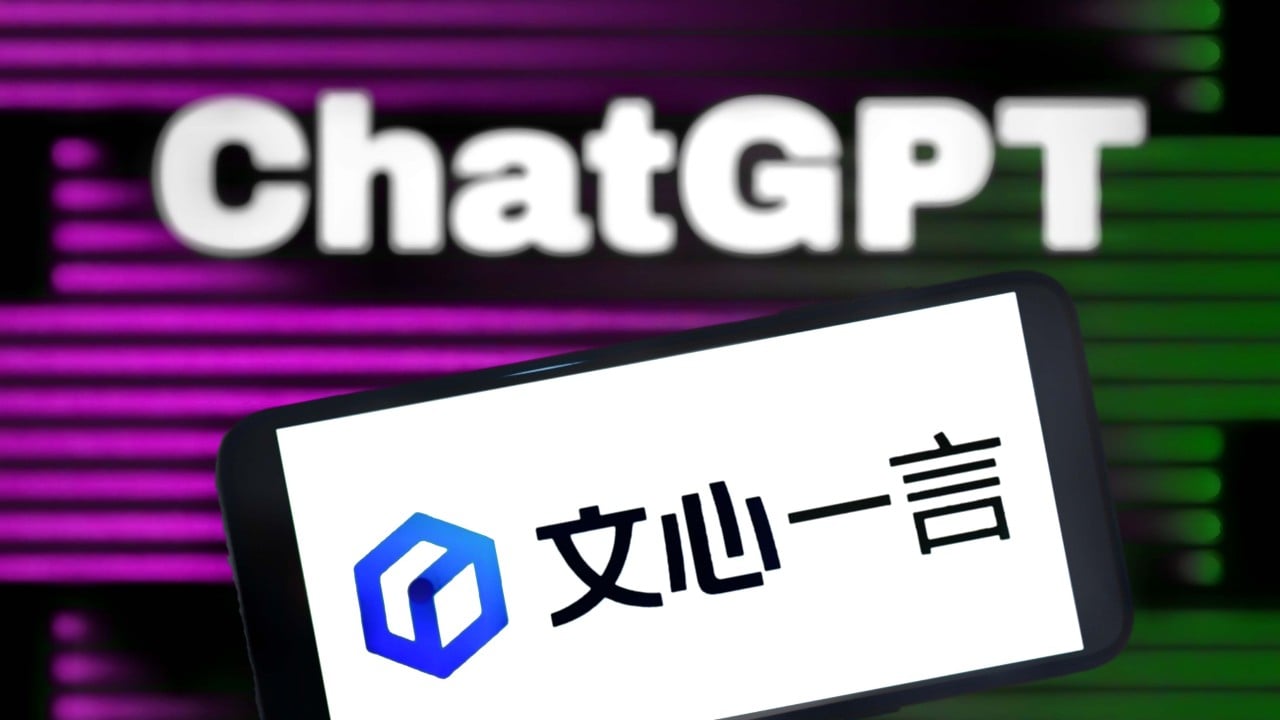Advertisement
Chinese firms lag behind US peers in AI development ‘by two years’, Alibaba chairman Joe Tsai says
- Group co-founder Joe Tsai said US chip export restrictions to China have ‘definitely affected’ mainland tech firms, including Alibaba
- He predicted that ‘China will develop its own ability to make’ advanced semiconductors, like those from Nvidia, over the long term
Reading Time:3 minutes
Why you can trust SCMP
1

China is trailing the United States in the global race to lead artificial intelligence (AI) development by two years, according to Alibaba Group Holding co-founder and chairman Joe Tsai, as mainland companies continue to struggle with technology restrictions imposed by Washington.
“China is somewhat behind, obviously,” Tsai said, citing how ChatGPT creator OpenAI has leapfrogged the rest of the tech industry in AI innovation, in a podcast interview published on Wednesday with Nicolai Tangen, chief executive of Norges Bank Investment Management – the branch of Norway’s central bank that is responsible for managing the world’s largest sovereign wealth fund.
Tsai pointed out that China’s tech companies are “possibly two years behind” the top AI firms in the US. He said US export restrictions that bar Chinese companies’ access to advanced semiconductors, such as the highly sought-after graphics processing units (GPUs) from Nvidia, have “definitely affected” tech firms on the mainland, including Alibaba. Hangzhou-based Alibaba owns the South China Morning Post.
“We’ve actually publicly communicated [that] it did affect our cloud business and our ability to offer high-end computing services to our customers,” he said. “So it is an issue in the short run, and probably the medium run.”
E-commerce giant Alibaba last November cancelled the spin-off of its Cloud Intelligence Group, asserting that the plan “may not achieve the intended effect of shareholder value enhancement” because of the uncertainties brought about by expanded US export restrictions on advanced chips.
Advertisement
